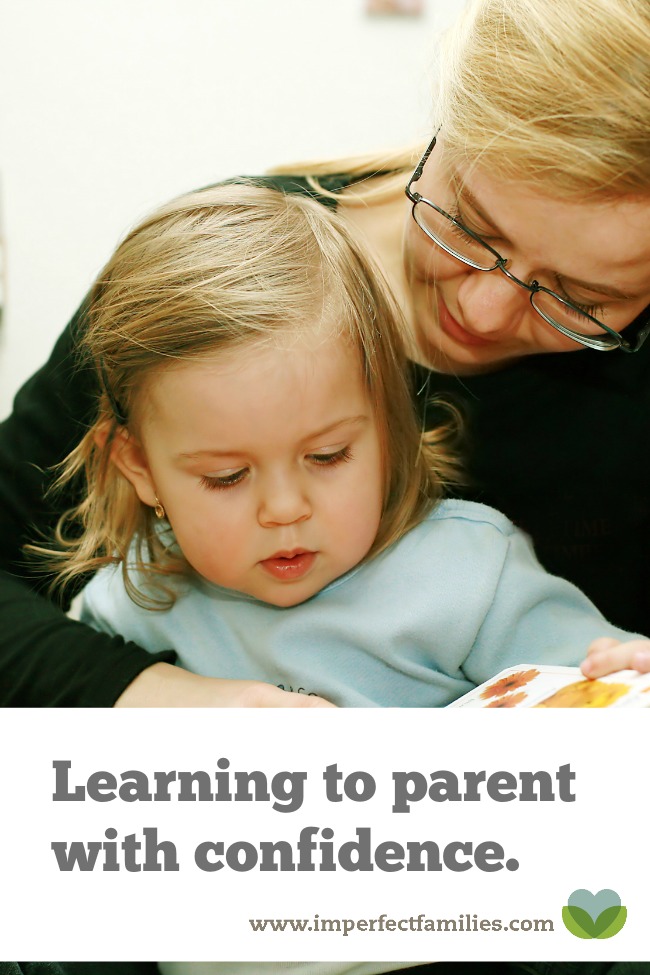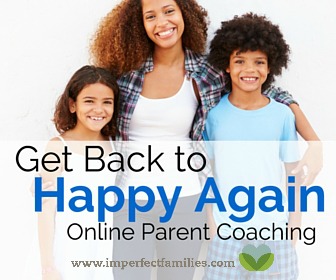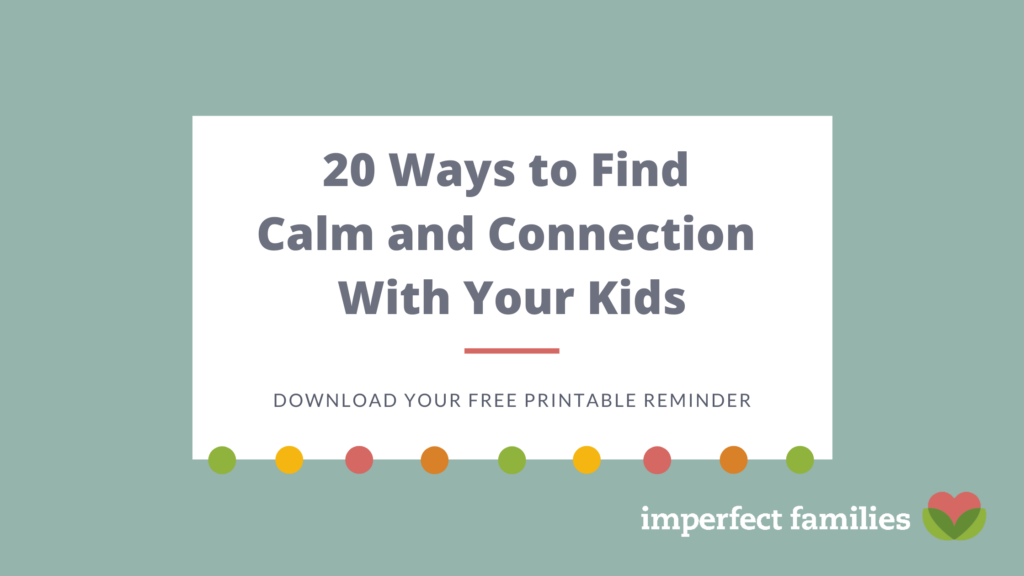
Parenting advice is not a new thing. Before the days of social media, there were “well-meaning” people at the grocery store ready and willing to give you their two-cents about your parenting.
But now, it’s everywhere. We can’t avoid it. We’re lost in a sea of advice.
And while there is a lot of good information out there, the contrasting viewpoints and really, really opinionated voices seem to drown out our own gut-feeling.
Suddenly, we second-guess everything.
We doubt our parenting techniques. We criticize ourselves, our kids, our spouse. We feel lost.
Can you relate?
Getting Back Your Gut-Feeling
Seeking advice is a wise parenting decision. Finding suggestions and tips from other parents or authors can be helpful, especially if it reminds you that you’re not alone.
The problem comes when you seek the advice of others in spite (or instead of) listening to yourself.
You are an expert on your child.
No one knows your child better than you. No one’s advice is going to take into account all of the little intricacies that makes your child unique. No one is going to relate to your child in a way that you can.
As you read a blog or a book or listen to the suggestion of a friend, let the information filter through your own personal lens. It has to work for your child. Your family. Your temperament.
Trust Your First Response
If you think something is wrong, out of the ordinary or unusual about your child, you’re probably right. Unfortunately, many parents brush these thoughts aside or minimize them.
We don’t want to be judged for overreacting or making a big deal about nothing. We don’t want something to actually be wrong with our child. We worry about what other parents may say or think about us, or our child.
Stop, Look, Listen & Act
The next time you are forced to make a decision about your parenting or your child, follow these steps:
- Stop. Don’t rush to webmd or post your concern on facebook. Don’t call your friend or email the teacher. Just Breathe. Give your brain time to reset and think clearly.
- Look. Find evidence for or against your initial instinct. Sometimes fear makes things seem worse than they really are, and sometimes we minimize things that are important.
- Listen. What are you telling yourself? Are these things true? What does your child say (or not say)? What do others say about your child? Do you value their opinions?
- Act. Now that you’ve taken time to slow down and take in the data, it’s time to make a decision.
Living In the Gray
Getting comfortable with your gut-feeling may take time. You might get weird looks from friends or disapproving glances from your in-laws.
Parenting is not black and white. It’s gray. And not just one shade of gray. It’s a rainbow of gray. What works for one person might not work for you. And that is ok. It doesn’t make you a bad parent or a worse mother.
Eventually, you will be able to take in advice and suggestions and weigh them against your own gut-feeling. You will advocate for what your child needs, even if other’s disagree.
Take time to slow down. Quiet the social media “noise.”
And listen to your gut-feeling.




Comments have been turned off to retain the privacy of all families. If you have a question or comment on the topic, you're always welcome to contact me.